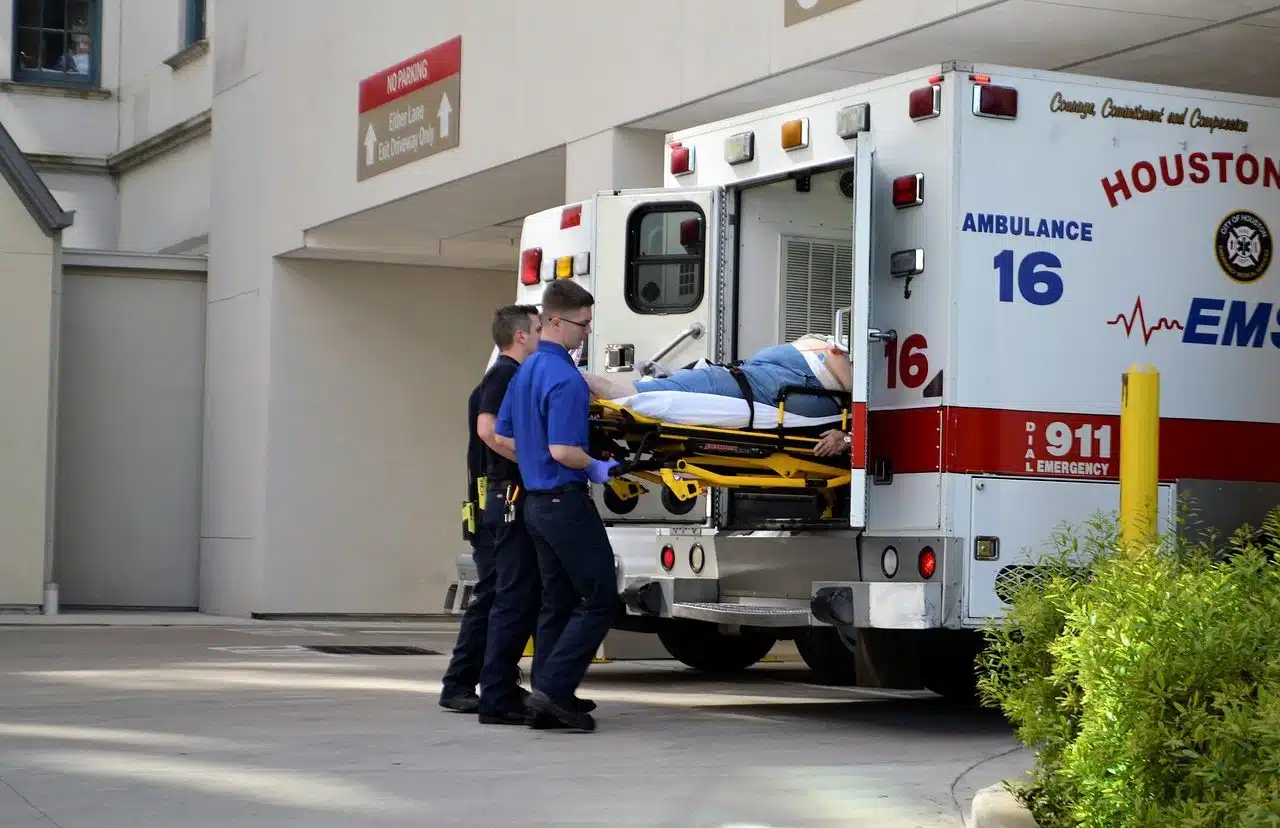
A paramedic is a professional who responds to a medical emergency.
Paramedic is a notion that has various uses. According to the first meaning mentioned in the dictionary of the Royal Spanish Academy (RAE) , a paramedic is someone who is not part of the field of medicine , although he maintains a link with it.
Generally, however, the professional who is responsible for attending to a medical emergency before the patient in question is admitted to a hospital is known as a paramedic. What the paramedic does, therefore, is to assist a person in the context of an emergency situation and then transfer them to an appropriate medical institution according to their condition.
The paramedic can treat someone who suffers an accident on public roads. Suppose there is a car crash and a person is injured . It is likely that a witness will be in charge of calling an emergency service to send an ambulance to the scene. In the vehicle, the paramedic will arrive and will be in charge of providing the first care to the injured person to then accompany him to the nearest hospital.
Characteristics of a paramedic
Depending on the country, a paramedic can be a graduate , a technician or another professional. In some nations there are specific studies and qualifications while, in others, the paramedic must have a special qualification that certifies his knowledge and allows him to provide pre-hospital care.
A paramedic can work for the State (as a member of the public health service) or for private companies (health companies). Paramedics are often present at music concerts, soccer games, and other crowded events.

The paramedic is the one who provides first aid after an accident.
Its functions
In a life or death situation, citizens rely on the assistance of the paramedic, as their functions are essential in most cases to ensure the survival of patients.
The first step a paramedic must carry out is to evaluate the patient to determine the type of assistance they need. When the situation cannot be resolved without the intervention of a doctor , the paramedic is responsible for stabilizing and transferring the patient to the hospital, while continuing to observe the patient during the trip. Thanks to the exhaustive records they keep as an integral part of their work, the doctor can have the necessary technical information to start working immediately.
This information is collected based on the condition in which the patient is at first and the changes they experience throughout the transfer to the health center. The paramedic must also record any procedures performed during the trip . All this data is used so that the personnel who act after him can perform with greater agility.
Among the care that the paramedic must provide to the patient are certain life-saving procedures that allow them to be stabilized, such as the administration of oxygen and cardiac defibrillation. Other specific tasks that these professionals can carry out are the provision of intravenous and oral medications, endotracheal intubation, the interpretation of electrocardiograms and the performance of minor surgeries, as well as the use of medium and high complexity equipment. This shows that they must have a solid base of knowledge, both theoretically and practically.
Above the technical preparation of the paramedic is the importance of his interaction with the patient on an emotional level ; It is your duty to reassure him, to ensure that he remains calm and conscious until he reaches the hospital, and to prepare him to accept successive interventions without problems, which facilitates the doctors' work as well as his own recovery. The paramedic must show composure at all times and have leadership skills to maintain control of the situation and make the best possible decisions.
